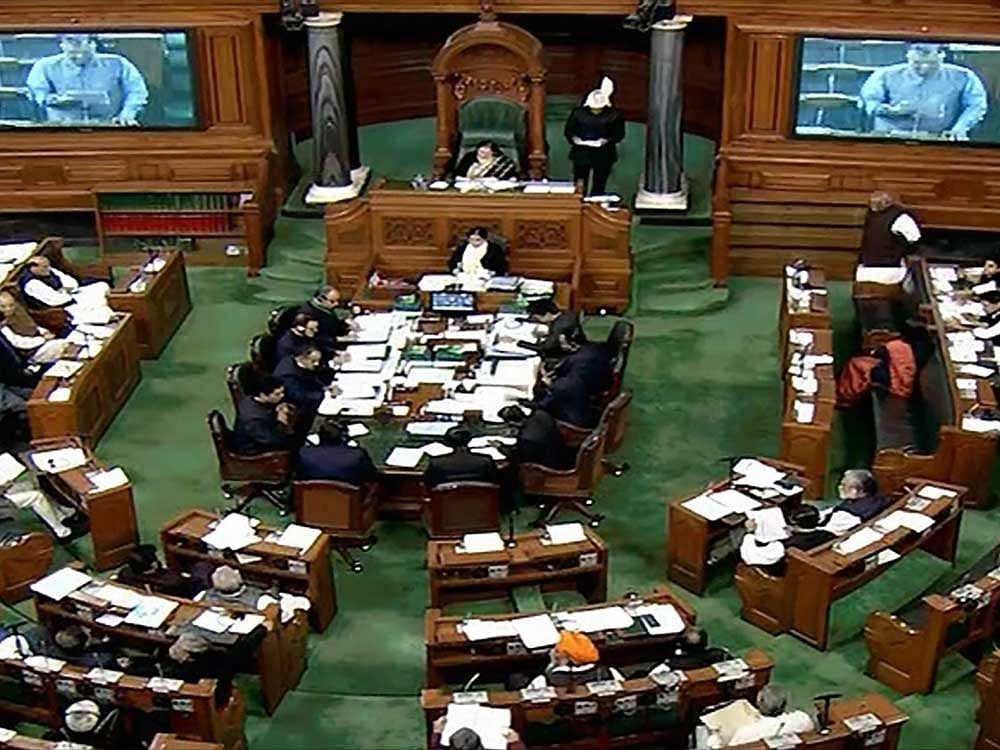The Lok Sabha on Thursday passed a bill that seeks stringent action to check adulteration and protect consumers in the highly competitive e-commerce and direct selling areas.
The Consumer Protection Bill, 2018, that seeks to replace the 31-year-old Consumer Protection Act, also has provisions for strict punishment, including fine up to Rs 50 lakh and jail up to five years for manufacturers and service providers for false and misleading ads. Against adulteration, the bill has provisions for fine up to Rs 10 lakh and life term imprisonment.
The bill also seeks to establish a Central Consumer Protection Authority, with powers to initiate class action, including enforcing recall, refund and return of products.
The bill will now go to Rajya Sabha for consideration and passage after which it will become a law.
“Several issues of e-commerce, misleading advertisement and consumer protection authority have been addressed in the bill. The bill has been drafted keeping in mind the needs of the future,” Consumer Affairs Minister Ramvilas Paswan said.
Objectives
The objective of the bill is to “provide for protection of consumers' interest and for the said purpose to establish authorities for timely and effective administration and settlement of consumer disputes...”
“This fills an institutional void in the regulatory regime extant. Currently, the task of prevention of or acting against unfair trade practices is not vested in any authority,” Paswan said.
Paswan noted that the emergence of global supply chain, rise in global trade and rapid development of e-commerce have led to a new delivery system for goods and services and also provided new options and opportunities for consumers.
“Equally, this has rendered the consumer vulnerable to new forms of unfair trade and unethical business practices. Misleading ads, tele-marketing, multi-level marketing, direct selling and e-commerce pose new challenges to consumer protection and will require appropriate and swift executive intervention to prevent consumer detriment,” he said.
Power to bureaucracy
The bill has several provisions aimed at simplifying the consumer dispute adjudication process of the consumer dispute redressal agencies, besides enabling consumers to file complaints electronically.
Participating in the discussion on the bill, Tathagata Satpathy (BJD) said the legislation gave excess power to the bureaucracy and should have sunset provisions under which the bill can come to Parliament for amendments.

